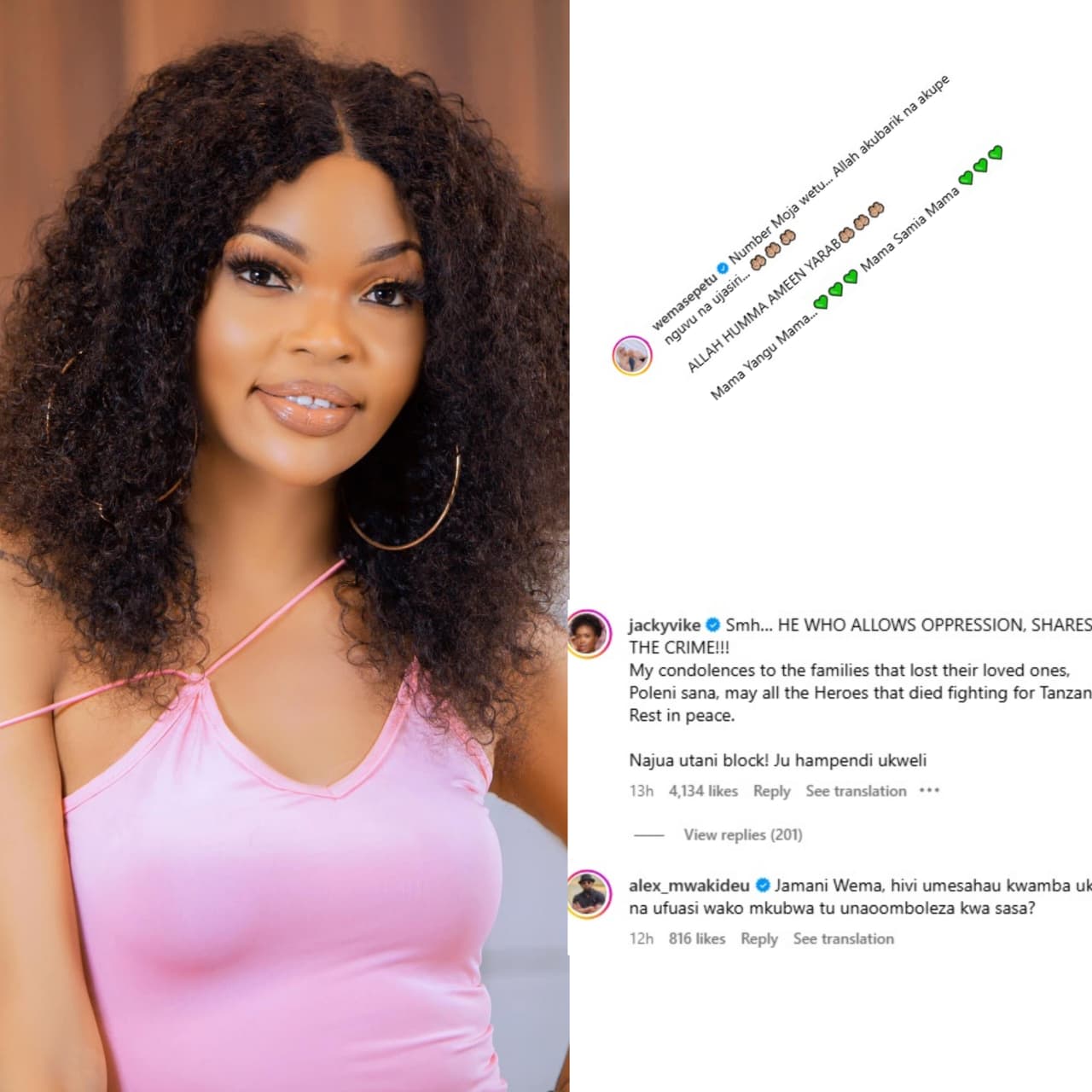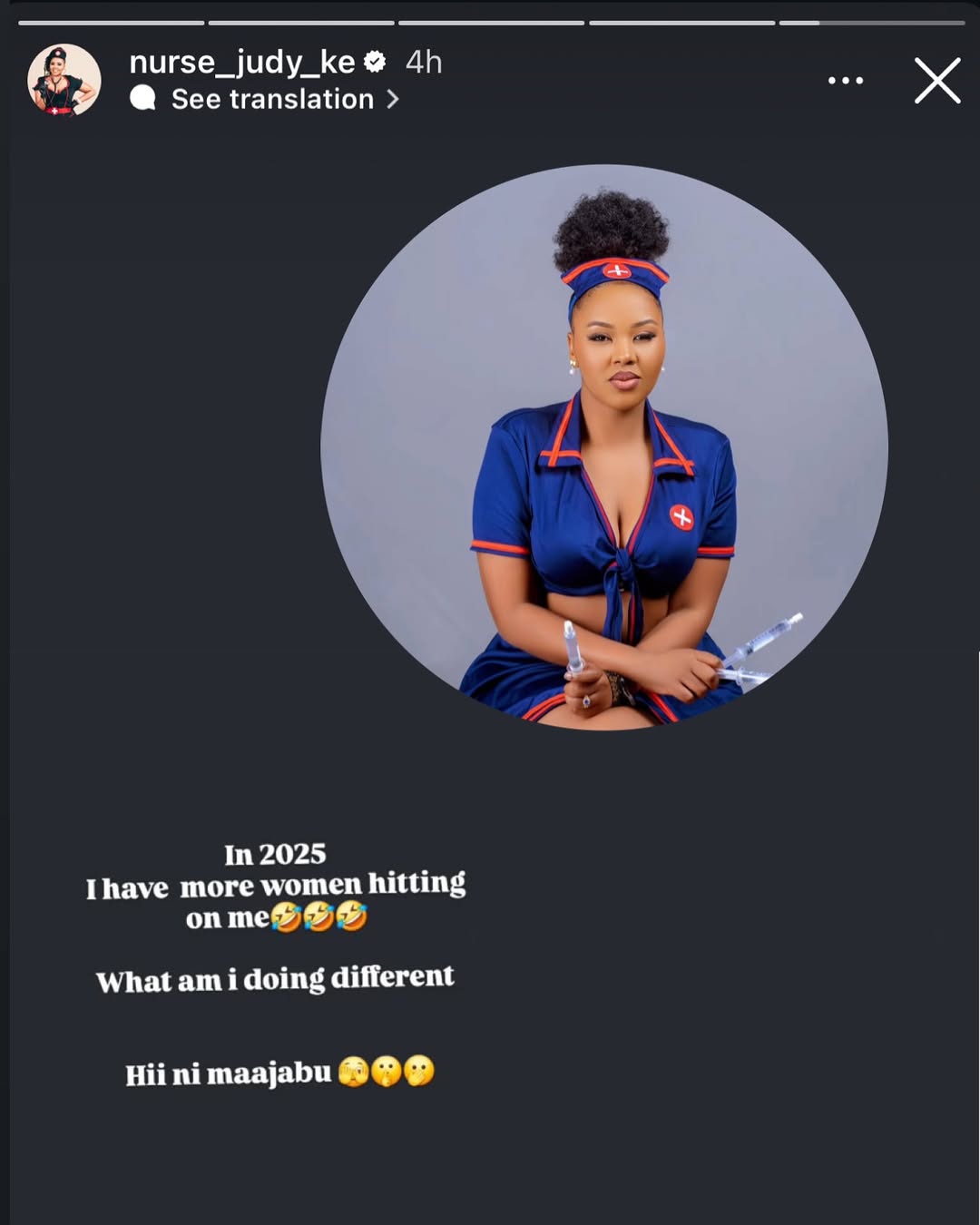How AI Is Transforming Creative Careers

The creative world has always been driven by something deep, a desire to express, to tell stories, to evoke emotions, and to communicate ideas that words alone sometimes fail to capture. For generations, creativity has been seen as a sacred space untouched by technology. Artists paint with feeling, writers draw from lived experiences, filmmakers capture fleeting moments, and designers translate mood into visuals. But in 2025, this sacred space is evolving rapidly. Artificial Intelligence is no longer just a tool for engineers or data scientists. It’s now a quiet force reshaping the way creatives work, think, and even see themselves.
Everywhere you look, AI is quietly integrating into the creative process. Writers have tools that help them brainstorm headlines, refine their grammar, and summarize long articles. Designers have platforms that generate layout options, offer color palette suggestions, and even automate simple social media posts. Musicians are experimenting with AI-generated beats and lyrics. Filmmakers are testing AI-assisted editing tools that cut hours of footage in minutes. What was once unthinkable is now a click away. Yet, this new reality is not as black and white as it seems. It’s complex, layered, and deeply emotional for the very people whose work has always been about originality.
At first glance, it’s easy to see why many creatives were alarmed. The fear was and still is real. Will AI take our jobs? Will clients opt for cheaper, faster tools instead of hiring professionals? Will the uniqueness of human creativity be drowned out by machine-made content? These questions have caused panic, resistance, and even denial in creative communities worldwide. But in Kenya, something different is unfolding. Instead of rejection, there is a quiet revolution happening among young creatives who are learning to harness the power of AI as a partner, not a competitor.
From Nairobi’s tech-savvy illustrators to freelance writers in Kisumu, creatives are beginning to see AI as an enhancer rather than a threat. They’re using it to speed up tasks that used to take hours, editing videos, removing image backgrounds, creating subtitles, and repurposing content across formats. AI is helping them focus less on the manual grind and more on the heart of their craft: the storytelling, the emotion, the strategy. It’s like having a digital assistant that never sleeps, doesn’t charge overtime, and follows instructions perfectly. And in a fast-paced digital economy, this kind of support is priceless.
For instance, a Kenyan content creator managing four social media accounts can now use AI to schedule posts, write captions, suggest hashtags, and analyze audience engagement all in minutes. A fashion blogger can generate 10 outfit flatlays in seconds using AI tools, freeing up time to focus on styling and audience connection. A freelance writer working on a tight deadline can get help structuring their ideas and ensuring clarity without losing their voice. These aren’t fantasies they are everyday realities in 2025. The creatives who are thriving are those who embrace AI not to replace their vision, but to extend it.
But this new world also comes with caution. As creatives rely more on AI, they must remain critical of its limitations. AI is trained on data often biased, Western-centric data. It may not understand African slang, traditional symbolism, or local humor. It might reinforce stereotypes or miss context. Creatives must become not just users of AI but editors, curators, and cultural translators. They must also protect their work. As AI tools can now replicate styles and voices, questions about plagiarism, credit, and creative ownership become more urgent than ever.
In Kenya, the creative economy is growing, and AI is not slowing it down; it’s speeding it up. New job titles are emerging: AI content consultant, virtual stylist, augmented reality storyteller. Brands are seeking creatives who understand data just as well as design. NGOs want campaigns built on emotional storytelling powered by algorithmic insight. Film directors are experimenting with AI-generated scripts. Musicians are co-creating with AI. This is not science fiction, it’s our current reality.
By Anita Wawira










